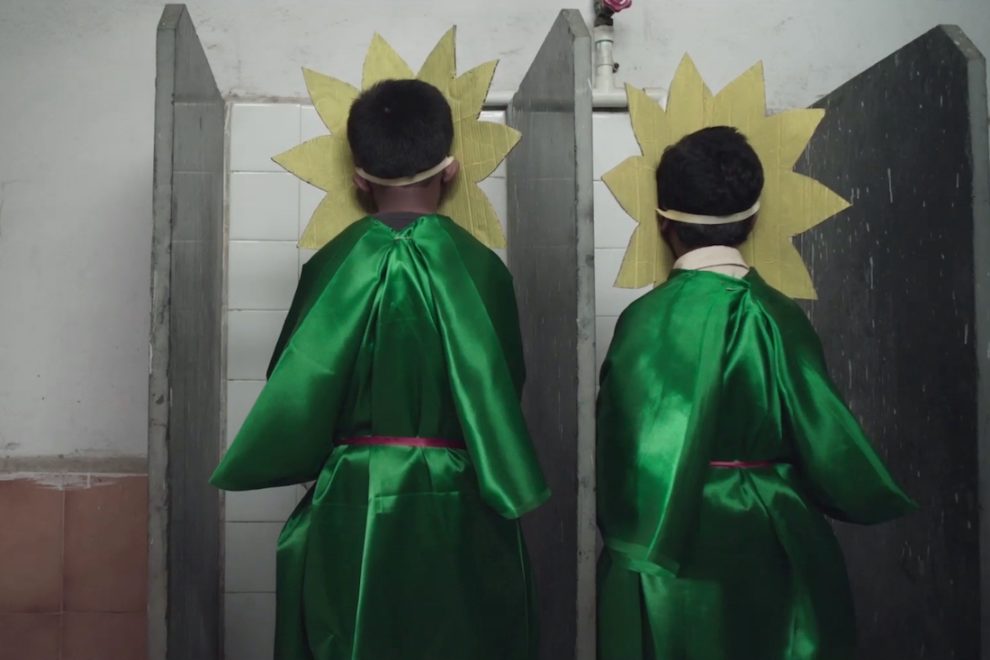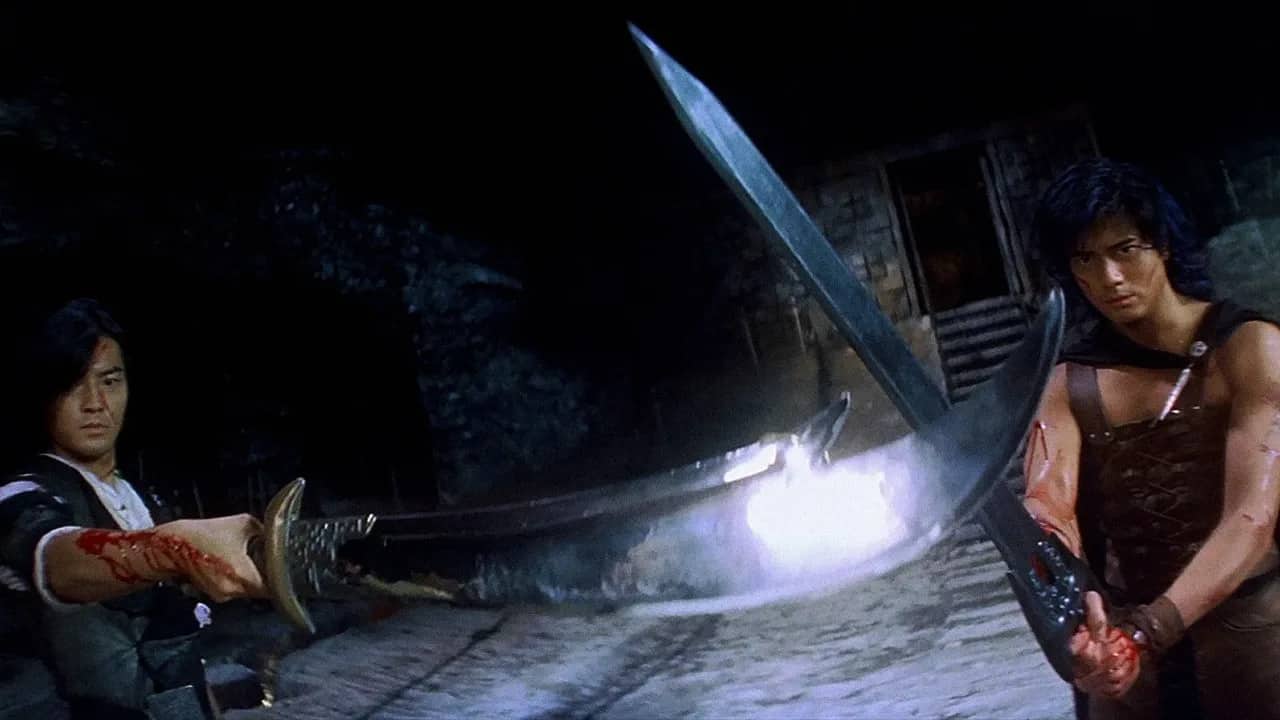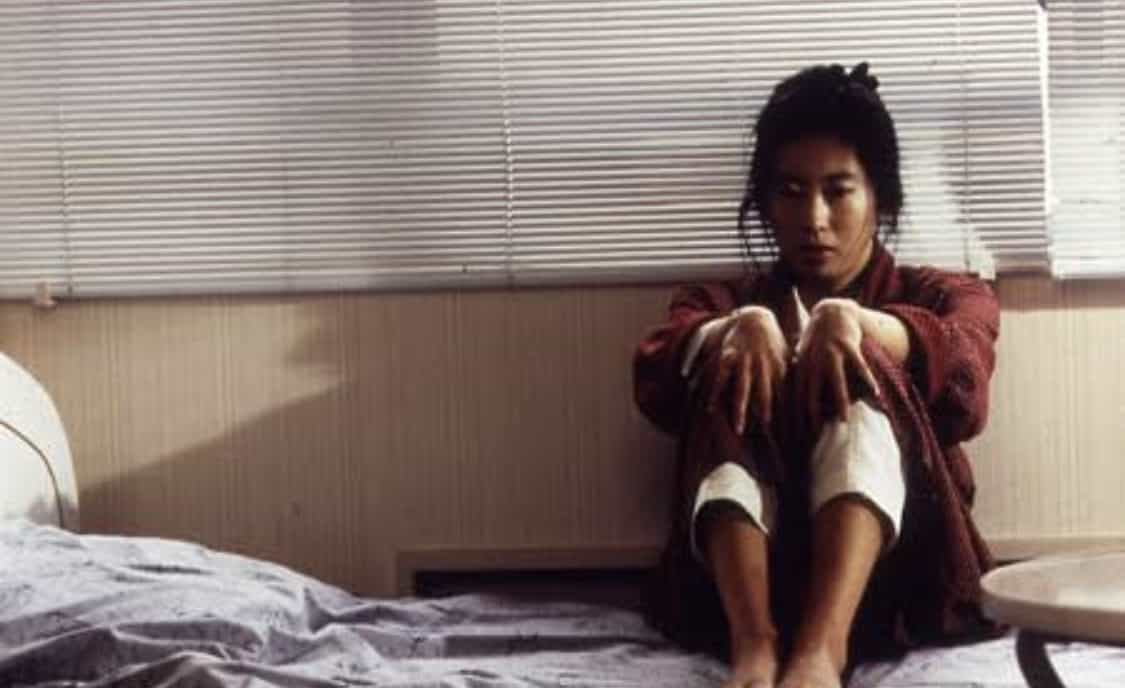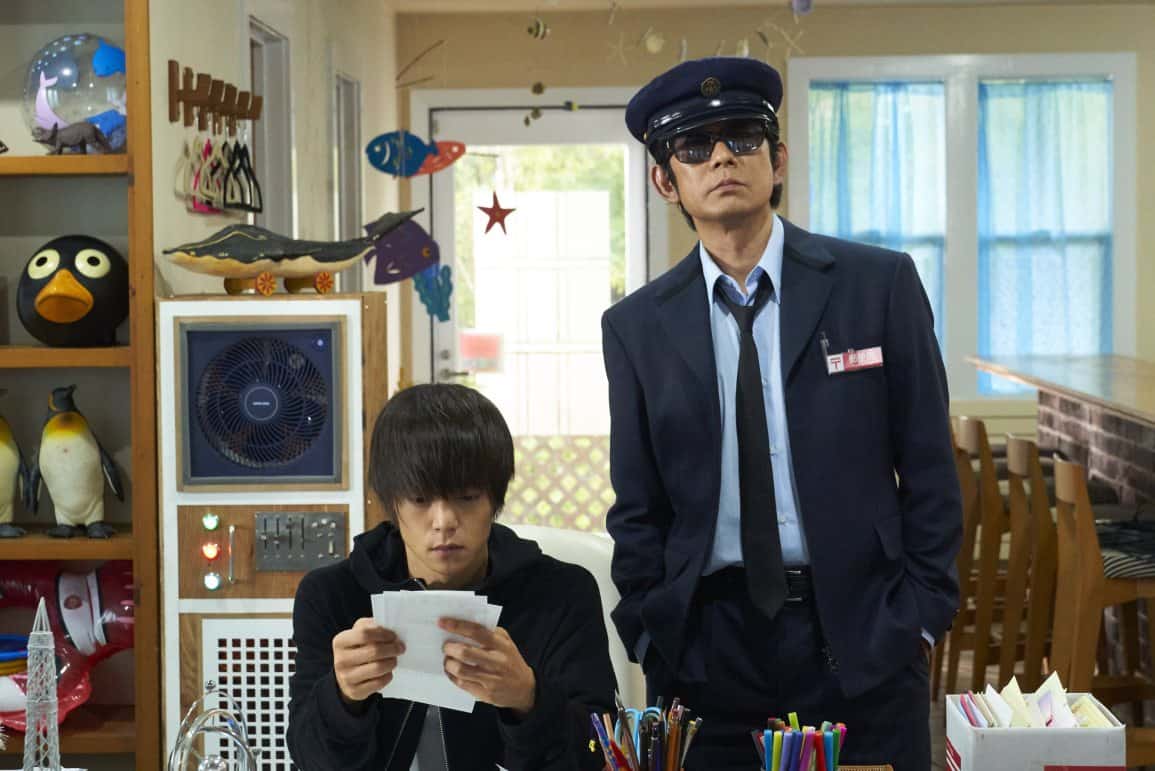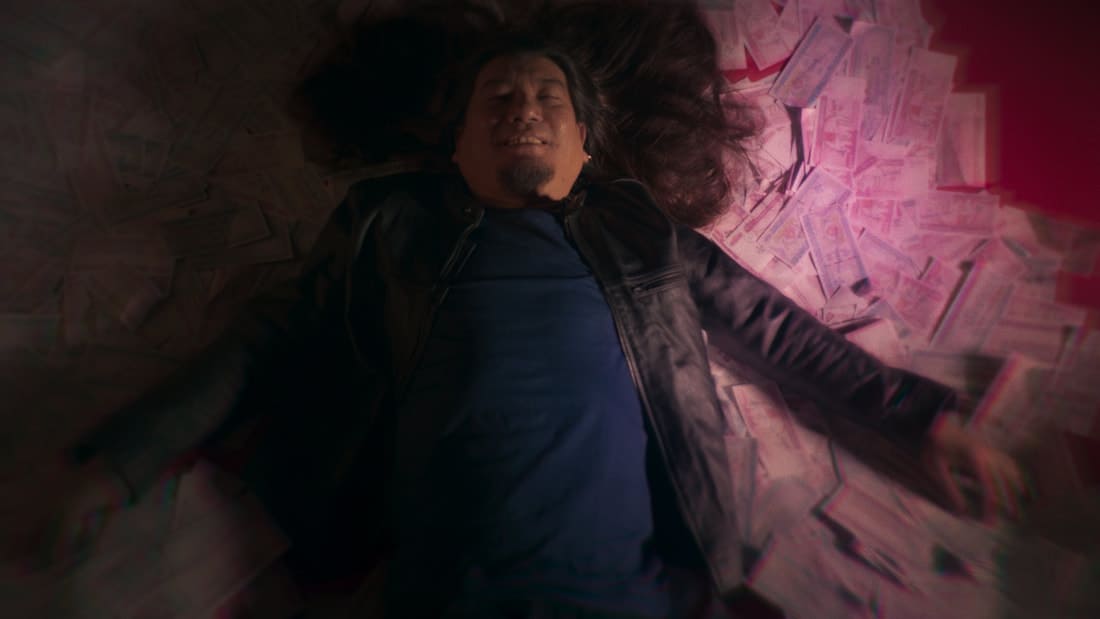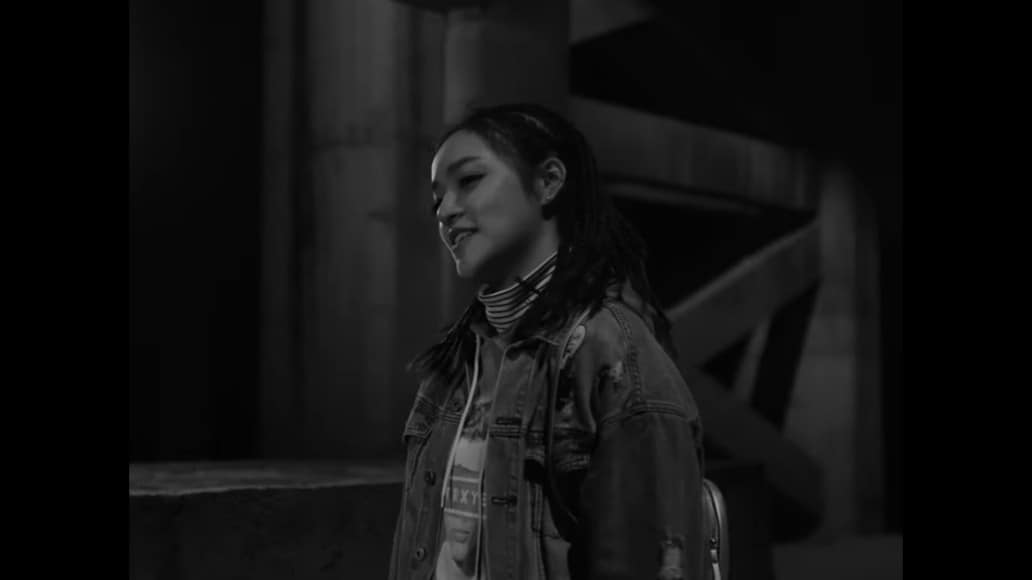DIploma Project for the Satyajit Ray Film and Television Institute in Kolkata, “Salana Jalsa” had its world premiere at the 23rd Shanghai International Film Festival and has screened at many prestigious festivals since. In March (2022), Pratik Thakare is taking part in the Pop Up Film Residency Program, in Bratislava.
The story takes place in Samruddhi High School, during the preparations for the school's annual day. While the coccasion seems like a source of joy for all the participants, three students are quite disappointed, although for different reasons. Amey wants to recite a heartfelt poem he wrote, but finds out he has not made the cut, also because the 3-minute duration of his work seems too long to the teacher in charge of the program. Ambitious Sneha is scheduled to perform in a traditional dancing number, but she has set her eyes towards the modern dancing part of one of her friends. Obese and frequently bullied Rishi is tired of both his classmates' attitude and the fact that he always has to play the same, silent role, of the elephant-faced Ganesha. As the day of the celebration is about to begin, tension mounts for the three students, who decide to pursue their last hopes of achieving their goal in rather different ways.
Pratik Thakare directs a rather pointed short, whose comments unfold in two levels, one literall, about high school “politics” and one metaphoric, about how show business functions, with the first setting essentially being presented as the root of the issues that torment the second. In that regard, the three students represent three comments: First, the importance of physical appearance, with the people who are not lean and beautiful essentially being destined to play only very particular, frequently insignificant roles. Secondly, the importance of the length of the medium, which has become rather significant in the Netflix era where, for example, any movie above 90 minutes is very frequently treated as a nuisance. Thirdly, the importance of being at the proper place at the proper time (luck if you prefer), which is presented as something more important, on occasion, than hard training or talent. These three factors emerge as the ones that shape the future of individuals in both settings (school and show business), in a rather intelligent double-layered narrative. The same applies to the hardships the three face, with particularly the way the two boys end up being excluded from various benefits the participants enjoy also mirroring the way the entertainment industry works.
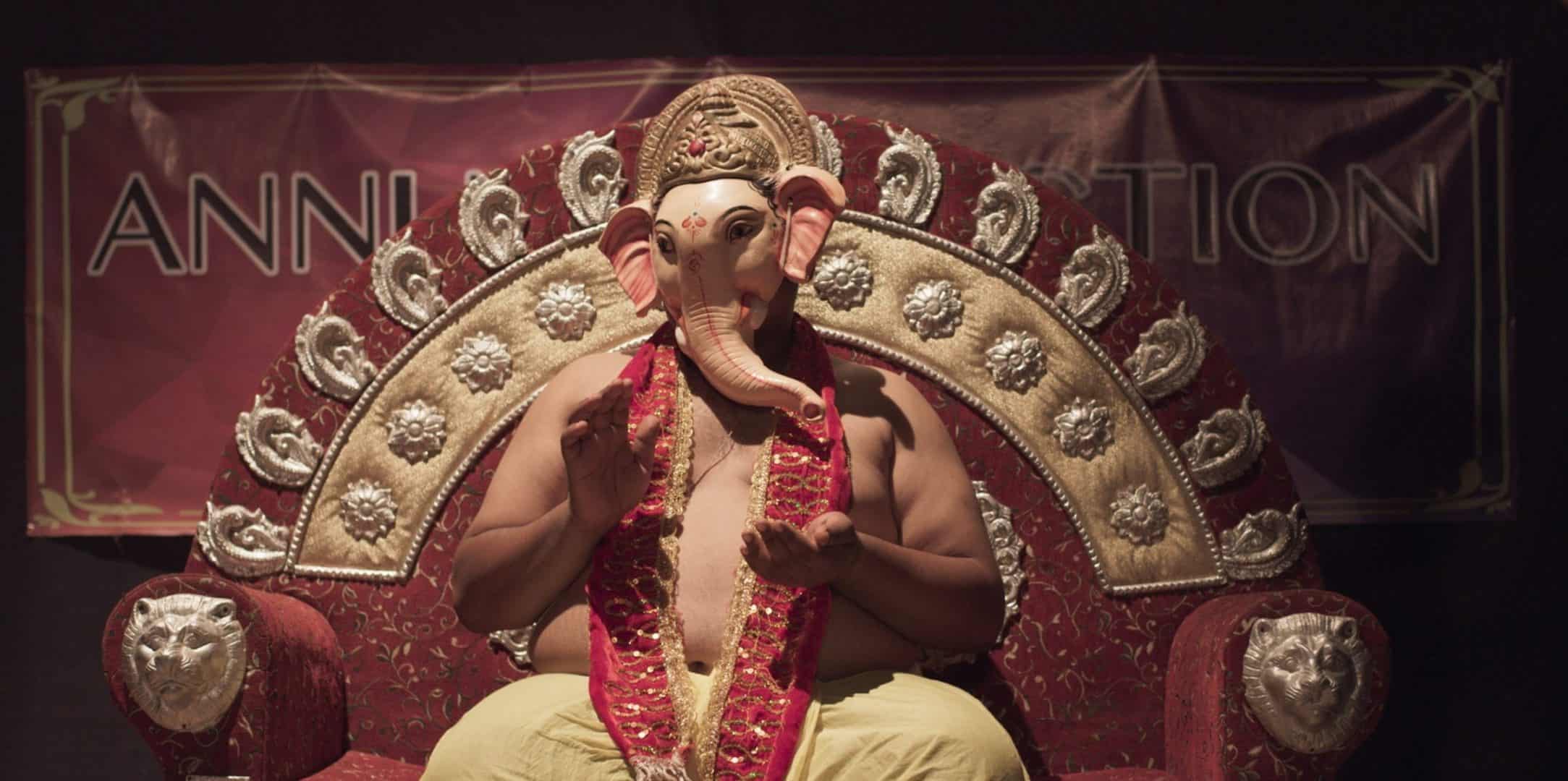
That Thakare uses the three protagonists to highlight these three aspects results in a slightly sanctimonious message, as the cunning ways one of the three implements bring the exact opposite result than expected. That the contrary occurs when the other two students choose a courageous, filled with comradership way, strengthens this aspect even more. At the same time however, both their differences and their similarities add much to the entertainment the short offers, particularly because they allow the fillmaker to present all the aforementioned comments through three different perspectives.
Also of note is Saravanamaruthu Soundarapandi's cinematography, with the various sequences of girls dancing being quite memorable, and the same applying to a serious of frames that present reality through the eyes of the protagonists. Particularly the ones that highlight Sneha's longing are exceptional, as much as the one showing her dancing by herself. Shweta Kamat's editing results in a relative fast pace that works quite well for the narrative, while the various documentary-like footage that appear throughout the movie are well placed.
The acting is also on a high level. Ankita Nikrad stands out in the most demanding role as the ambitious and desperate Sneha, Shridhar Kulkarni is quite convincing as the sad but also cool Rishi, while Aniruddha Deodhar highlights Amey's longing adequately.
“Salana Jalsa” is an excellent short, that manages to present its comments in a way that is both intelligent and cinematically artful.


